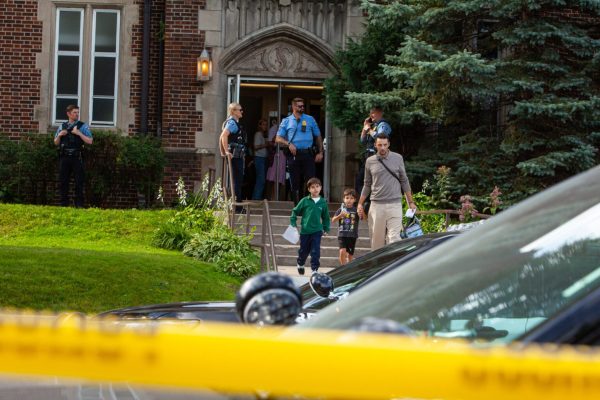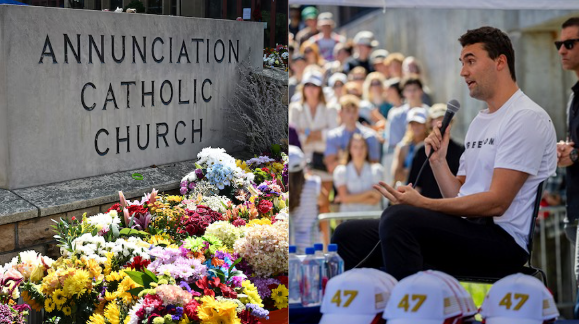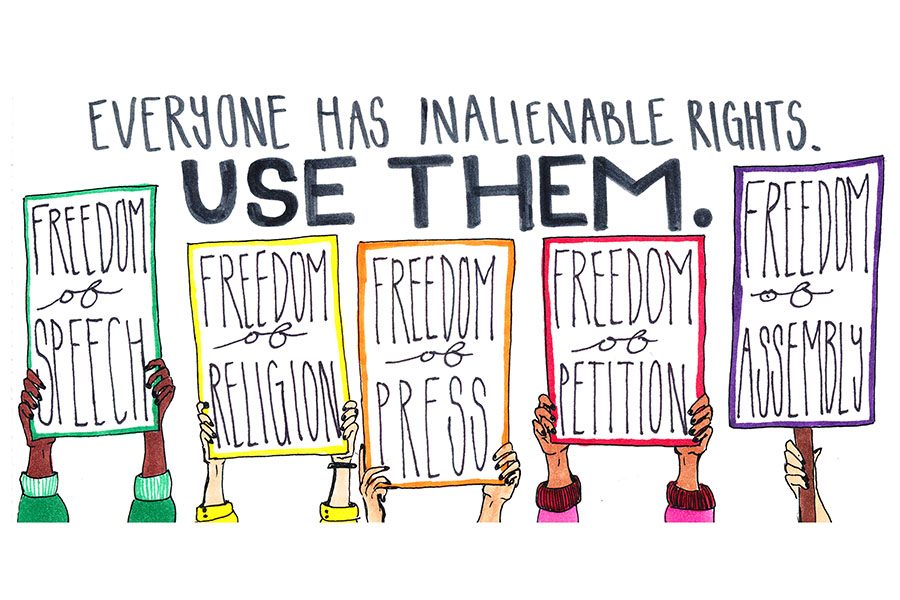This past month, the world witnessed something terrible: a shooting at Annunciation Catholic Church during a school-wide mass in Minneapolis. The gunman killed children, wounded many others, and attacked people during the service. Authorities have stated it is being treated as a hate crime and domestic terrorism targeting Catholics.

Too often, tragic moments like this focus discussions mainly on gun control. Yes, laws about weapons and public safety are very important. But if we only talk about guns, we overlook something more profound: the fact that people are being targeted simply because of their faith. We must speak clearly about religious hate crimes. We must recognize them sooner rather than later.
Another shocking event also demonstrates why this matters. Charlie Kirk, an activist and speaker, was assassinated while speaking at Utah Valley University at a Turning Point USA event, during the first stop of his American Comeback Tour. Just before he was shot, he was answering questions about mass shootings and faith in Christ. It is clear that Kirk openly expressed that his faith was central to who he was. In a recent interview, he said he wanted to be remembered for his “courage for my faith.”
Some people immediately interpret his killing purely as politics or gun violence. These are important perspectives. But when someone like Charlie Kirk, who openly spoke about being a Christian, is attacked, we need to ask: was his faith part of why he was targeted? Because faith can be one of the reasons people are attacked. If we ignore religious motives, we fail to protect freedom of belief and religious expression.
In the Minneapolis church shooting, messages from the attacker showed anger towards Catholics and other faiths, and included a picture of Jesus’s face used as target practice. Similarly, many in Christian communities believe Charlie Kirk was attacked not just because of his political work but because he was outspoken about his faith. It is dangerous if people dismiss this as “only about politics” when religious identity is under attack.
We must be honest. Religious hate crimes are real. They must be called out. When Christians, Catholics, Muslims, or people of other faiths are harmed because of their beliefs, that is an evil we must confront. It is not enough to discuss policy, politics, or guns alone. The motive of hate matters just as much.
We are taught to love one another, to stand with the oppressed, and to speak truth even when it’s difficult. If someone is attacked for being Christian or because of any belief, we have a duty to defend them, not just for safety but for justice and love.
Yes, gun control is a crisis. Yes, politics matter. But these issues should not hide religious hate. They must be seen together. We need protected places of worship. We must defend those who speak about, or live out, their faith. And we must support speaking out for victims, communities, and all of us.
In the end, let us remember: love, mercy, truth. We must stand together across faiths, reach out with compassion, and call out wrongs, even when it’s uncomfortable. When someone is targeted because of their religion, we must not silence that part of the story. We must address it, confront it, and move forward in unity, caring for one another, spreading love and the Gospel.









